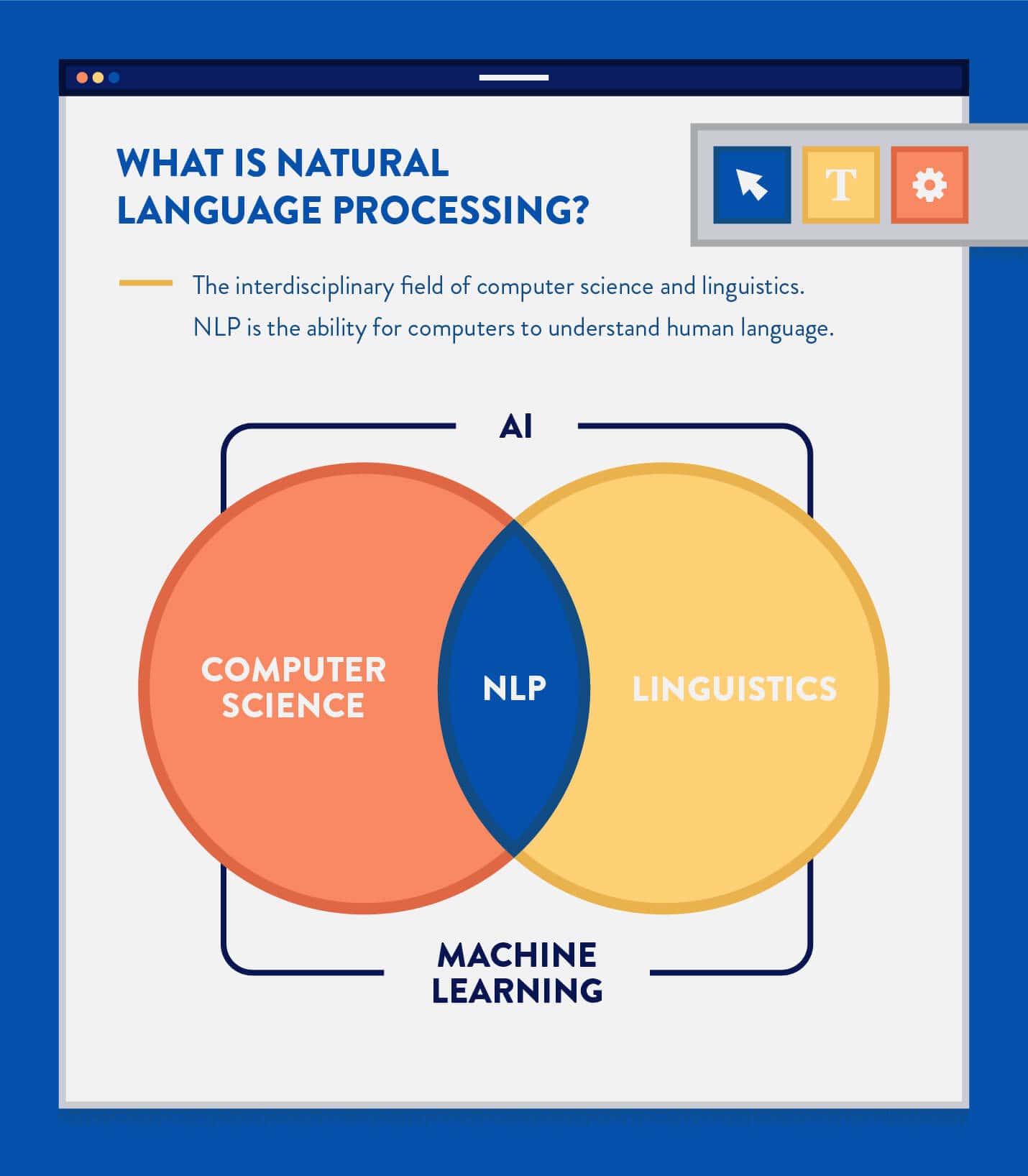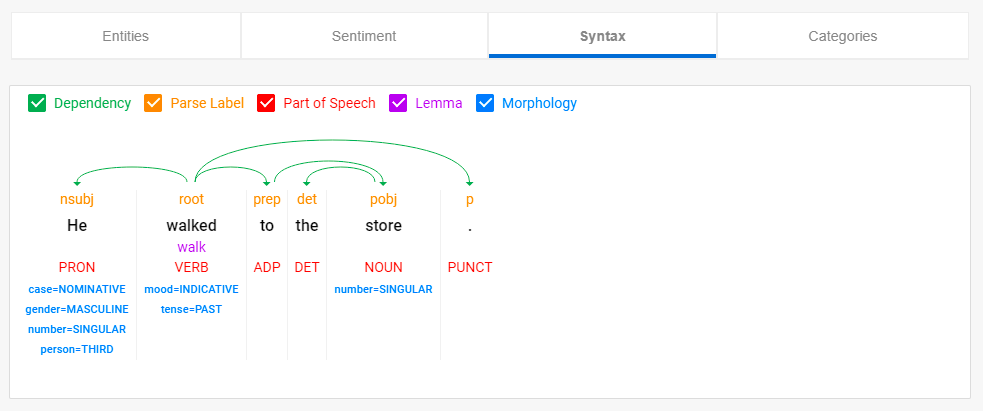SEO Strategies That Use Natural Language Processing


NLP remains, however, little understood by SEO specialists and business owners alike. This article will delve into and explain (hopefully clearly and succinctly) how NLP works and how best to deploy it to improve your SEO.
Search Engines, AI, and NLP

NLP's role in these queries is to give the search engine a more detailed understanding of the material that appears on a page to make more relevant suggestions. While in the past, search engines like Google worked with statistical models built around keyword groups and links, we're now seeing semantic graphs and machine learning algorithms that deeply influence the quality of the results.
BERT and SEO
One of the issues that researchers have faced when it comes to convincing businesses of NLP's value is that the idea of using these models to read real-life text is inherently dated. As Dixon Jones, CEO of Inlinks.net, recently put it, though, this is a huge mistake: "When people realize NLP stands for Natural Language Processing instead of some 1970s hypno-mumbo-jumbo," he said, "they'll realize that not only is it here to stay, it's the very bedrock of the mantra organizing the world's information."
Google's NLP approach is built on a ground-breaking language processing model: BERT (Bidirectional Encoder Representations from Transformers). BERT is outlined in a recent paper published by researchers at Google AI Language. Its publication caused quite a stir in the Machine Learning community by presenting state-of-the-art results in a wide variety of NLP tasks, including Question Answering (SQuAD v1.1), Natural Language Inference (MNLI), and others.
BERT's key technical innovation is applying the bidirectional training of Transformer, a popular attention model, to language modeling.
While that might seem technical, BERT's impact on SEO can be put pretty simply: Google no longer looks at words or phrases individually, as we understood in the past when it would traditionally run keyword research. Now it looks at sentences, paragraphs, and the query as a whole. In other words, the algorithm looks at the sentiment or overall intent rather than focusing on individual words.
Google's official Search Liason recently revealed on Twitter that Google BERT is now helping with one out of every ten google searches in the US in English, with plans to expand soon to include searches in more countries and languages.
Meet BERT, a new way for Google Search to better understand language and improve our search results. It's now being used in the US in English, helping with one out of every 10 searches. It will come to more counties and languages in the future. pic.twitter.com/RJ4PtC16zj
— Google SearchLiaison (@searchliaison) October 25, 2019
SEO and Search Quality
There are many challenges in this pursuit. According to the information on Google's blog, 15% of search queries are used for the first time. In other words, people are using more long-tail searches to find an answer to their question, especially with the rise of voice search.
NLP is an attempt, on Google's behalf, to change that. According to recent tweets from the Stanford NLP Group, NLP is now a key component of AI and integral to SEO practices.

How can thinking about NLP improve SEO?
Let's look at these impacts in more detail.
Structuring data
Pandu Nayak's recent article provides an excellent resource to get started with this data structuring, as do many of the biggest websites around at the moment. You can see NLP-friendly data structuring in action on thenextweb.com, windowsreport.com, as well as established publishers like Reuters or the BBC. Perhaps the most dramatic evidence of this, though, is Eventbrite's case study: their website experienced a 100% growth in organic traffic from Google Search to event listing pages following a restructuring focused on NLP.
Internal linking and content recommendation
These two functions may seem fairly distinct, but a closer look at how NLP engines work reveals that they are inherently (pardon the pun) linked. When an NLP system encounters a term that it doesn't understand, it attempts to resolve its meaning. If it can do so by referring to the material on your site, it grants you an SEO boost in recognition of this fact. To see this in action, take a look at how The Guardian uses it in articles, where the names of individuals are linked to pages that contain all the information on the website related to them. Robert Weissgraeber, CTO of AX Semantics, notes that NLP boosts brand visibility with no additional effort by creating huge quantities of natural language content.
The same type of process underpins more advanced forms of content recommendation. There are now several content optimization tools available that can assess the meaning of the content that appears on a user's list of visited sites and takes advantage of this to suggest other content. While some of this functionality can be limited by browser privacy modifications, it provides a powerful way for websites to increase the "dwell time" on their sites.
Targeting сlusters
In other words, it could be that in the near future, SEO will revolve more around providing high-quality, human-readable content, rather than the keyword-driven content of today.

The bottom line
Speed up your search marketing growth with Serpstat!
Keyword and backlink opportunities, competitors' online strategy, daily rankings and SEO-related issues.
A pack of tools for reducing your time on SEO tasks.
Discover More SEO Tools
Backlink Cheсker
Backlinks checking for any site. Increase the power of your backlink profile
API for SEO
Search big data and get results using SEO API
Competitor Website Analytics
Complete analysis of competitors' websites for SEO and PPC
Keyword Rank Checker
Google Keyword Rankings Checker - gain valuable insights into your website's search engine rankings
Recommended posts
Cases, life hacks, researches, and useful articles
Don’t you have time to follow the news? No worries! Our editor will choose articles that will definitely help you with your work. Join our cozy community :)
By clicking the button, you agree to our privacy policy.
